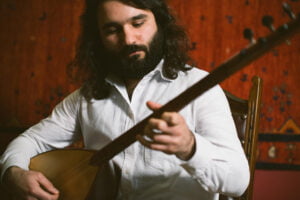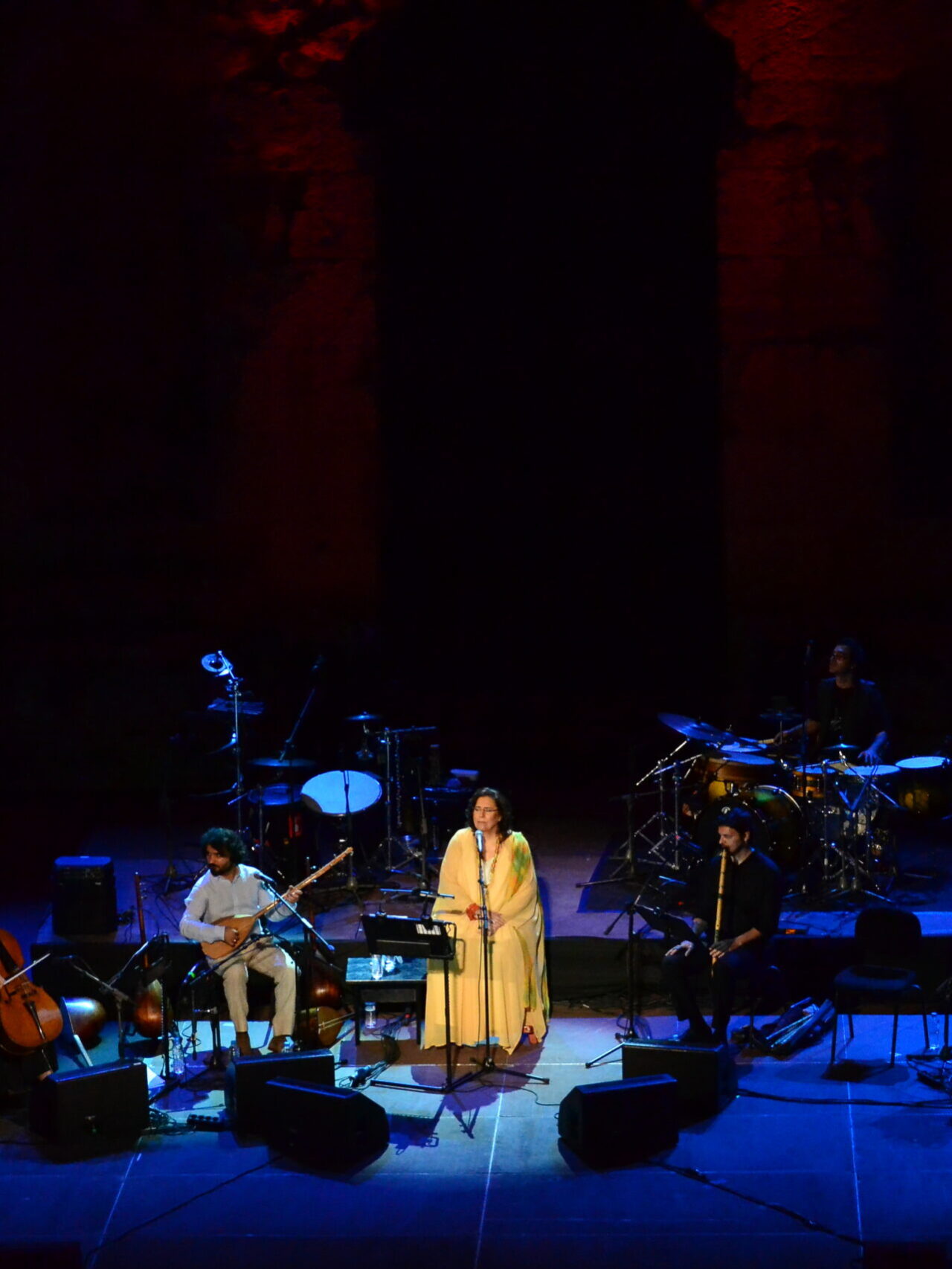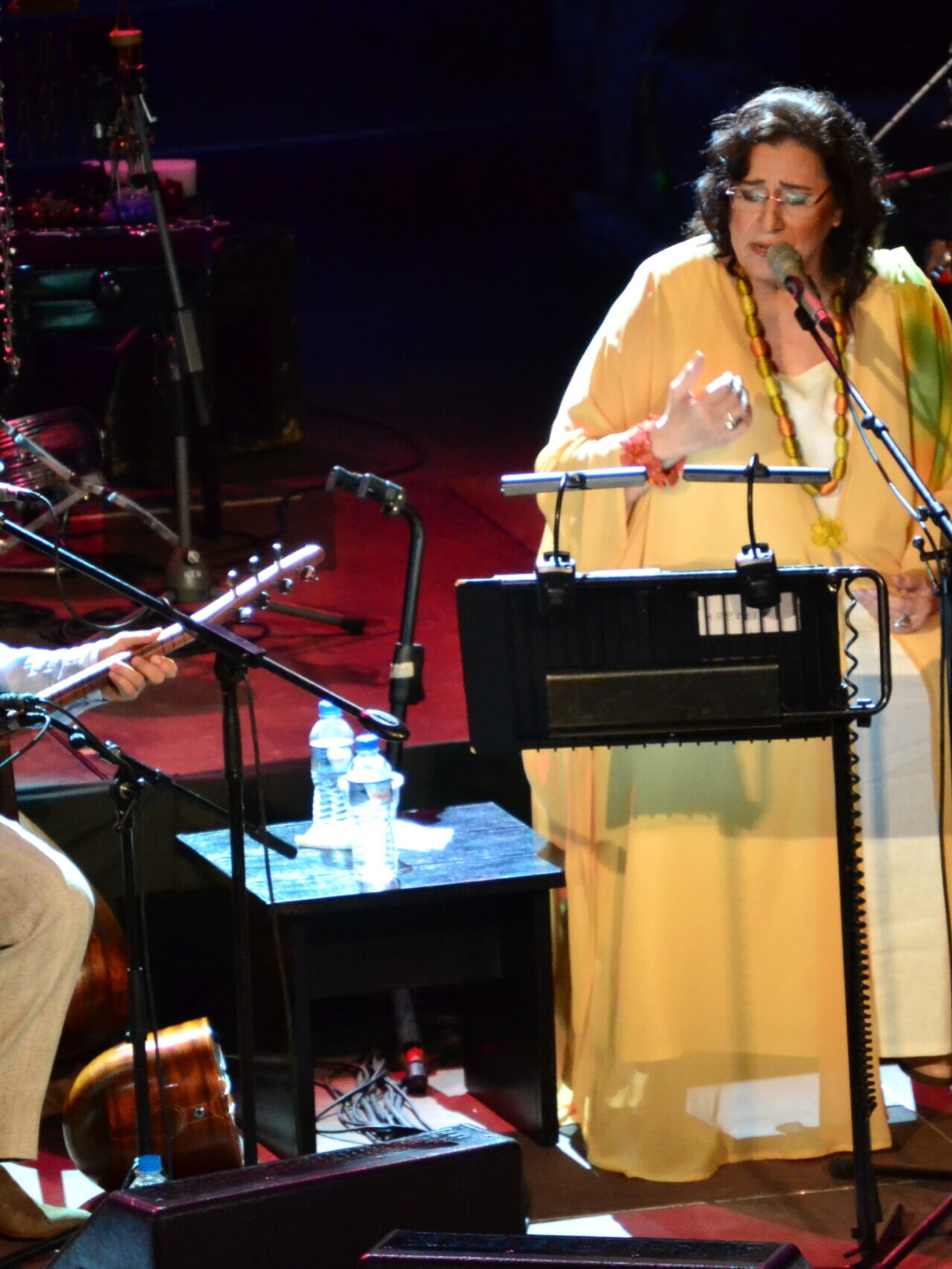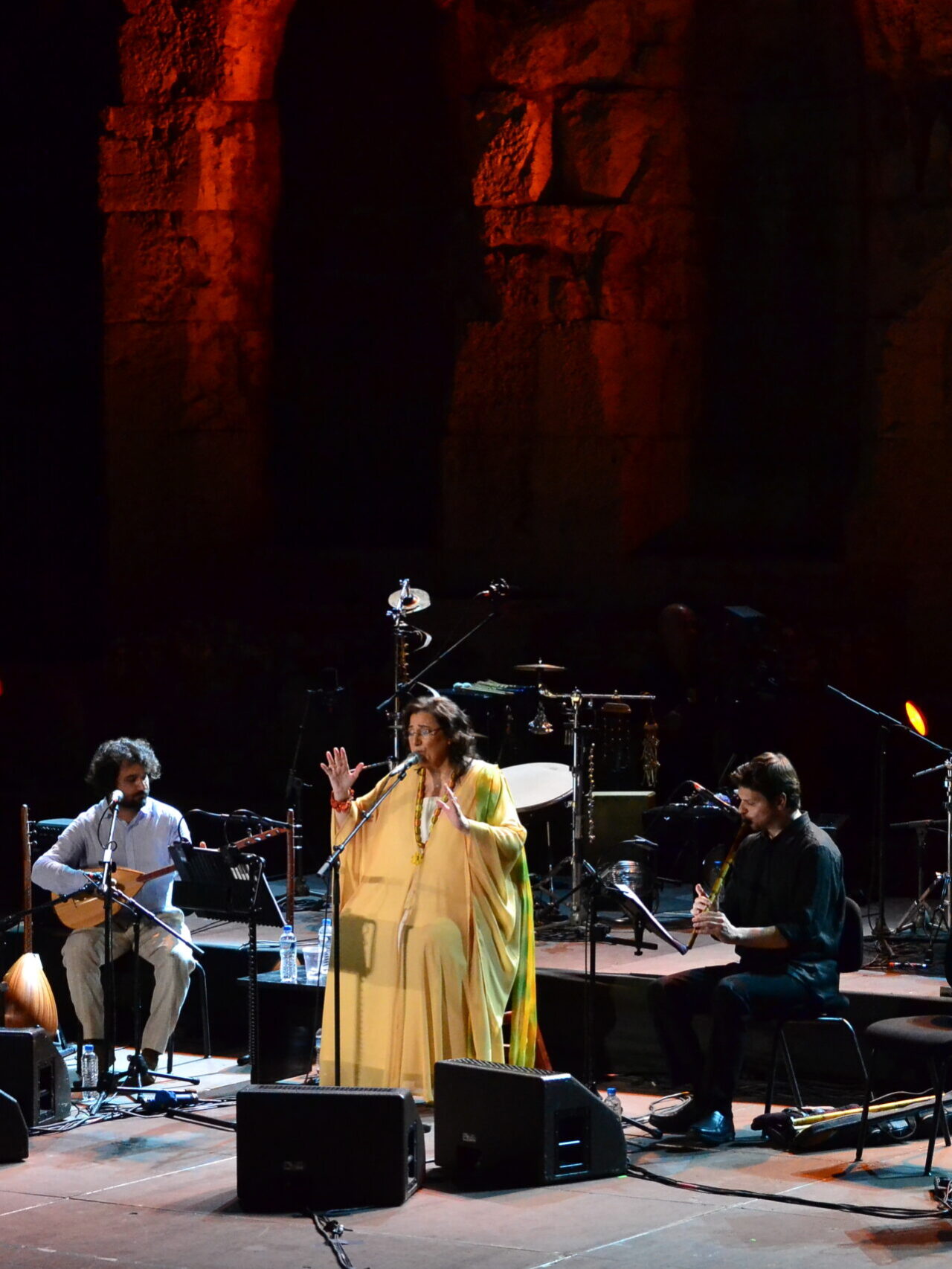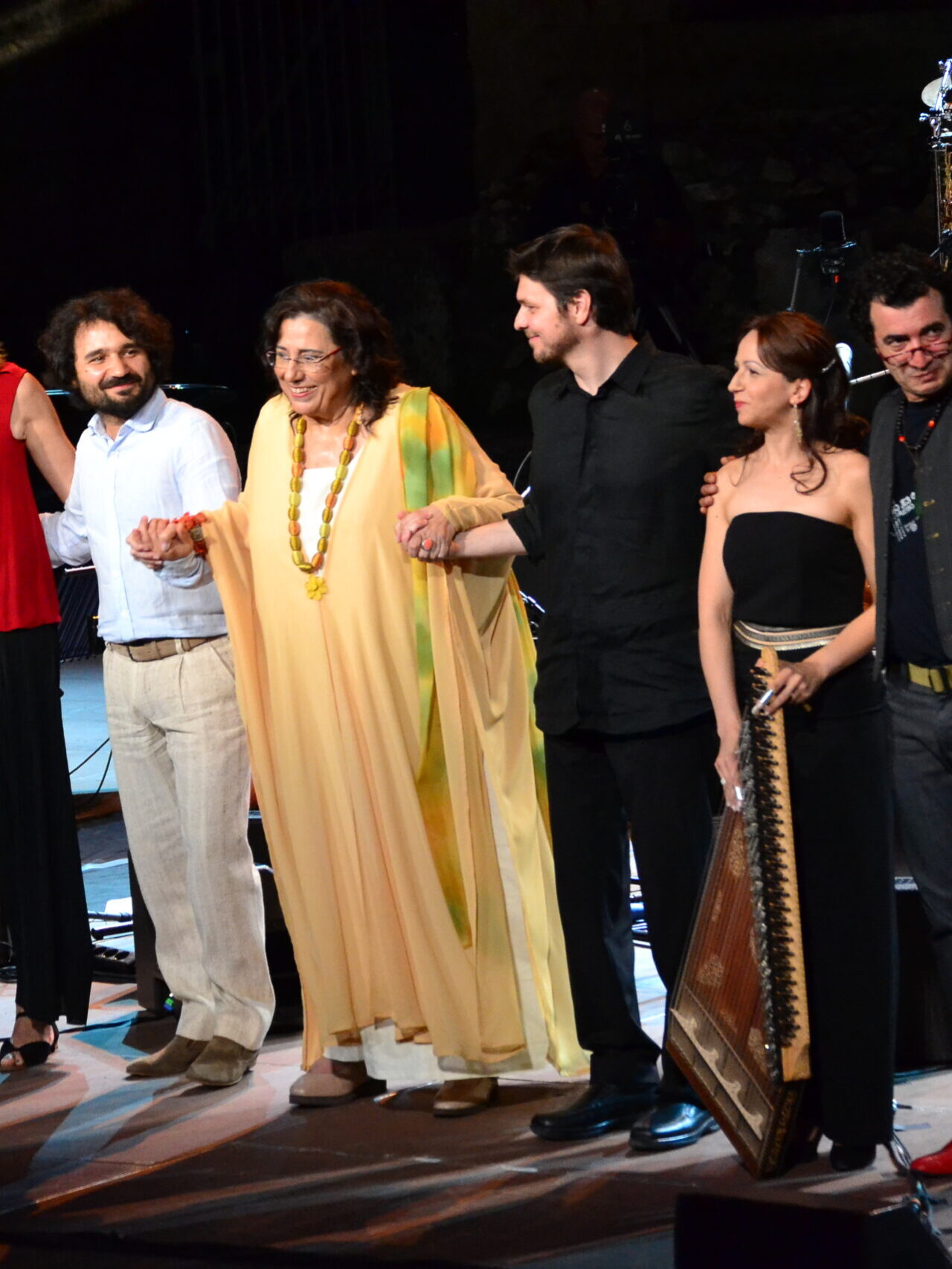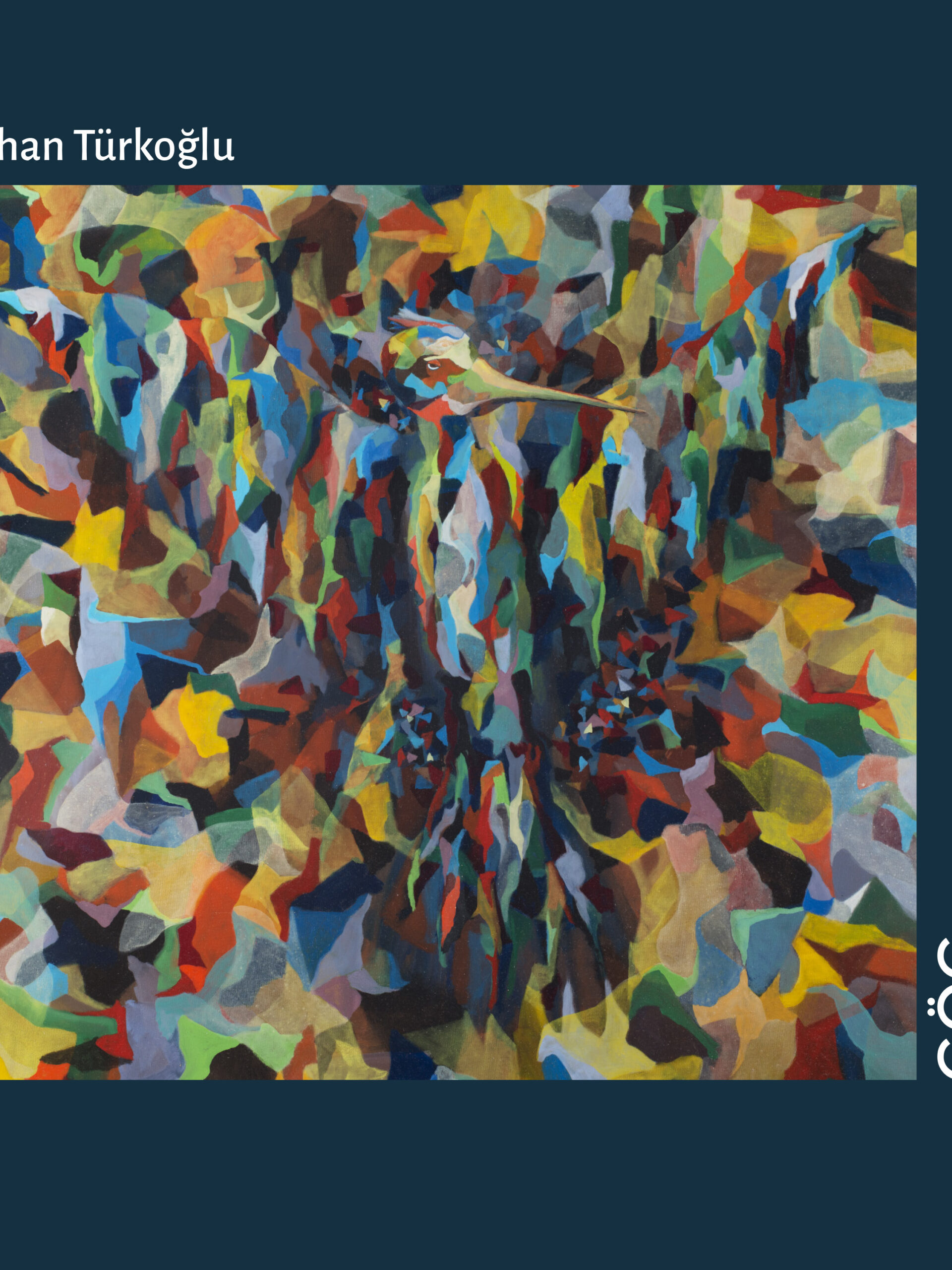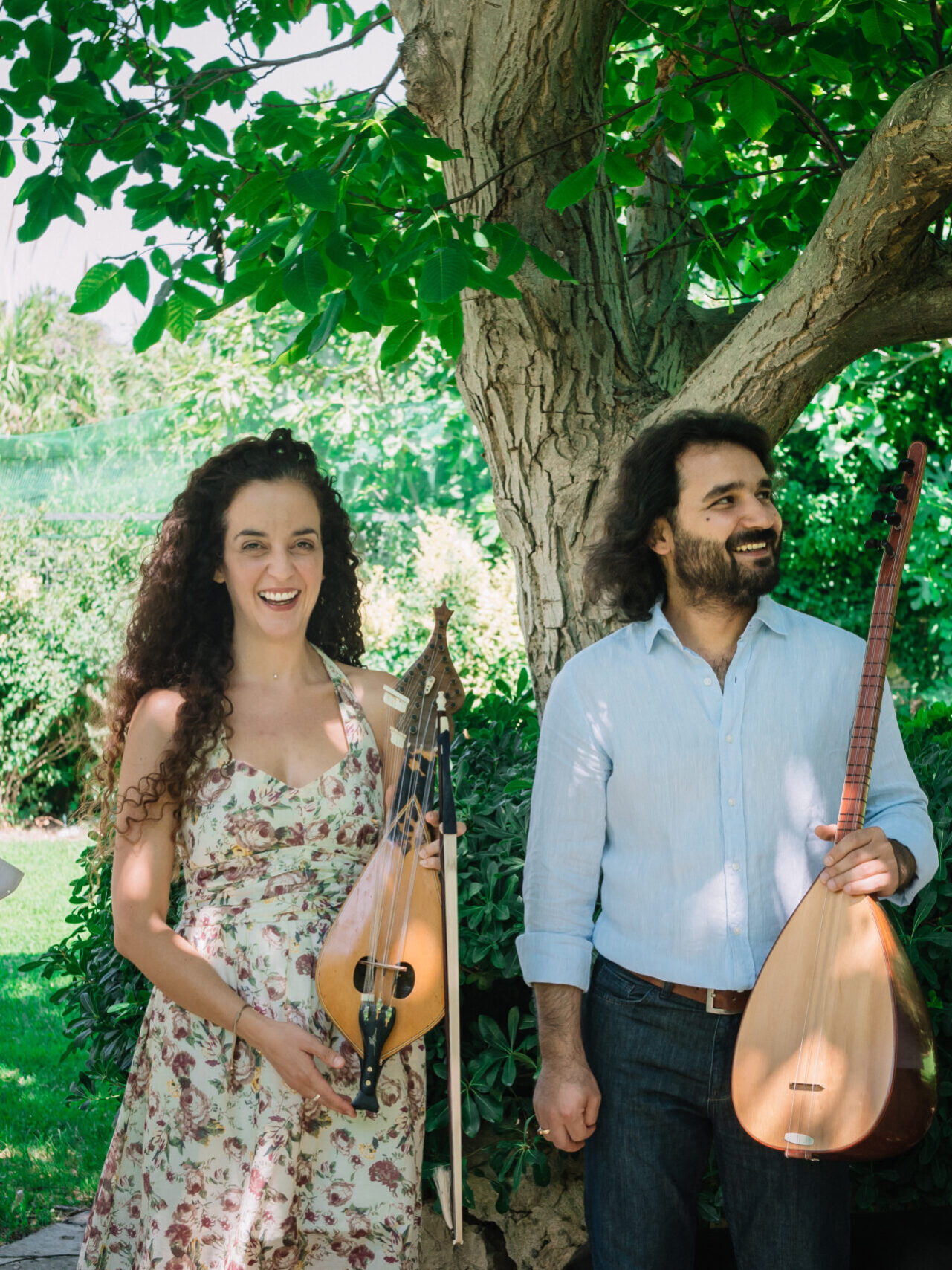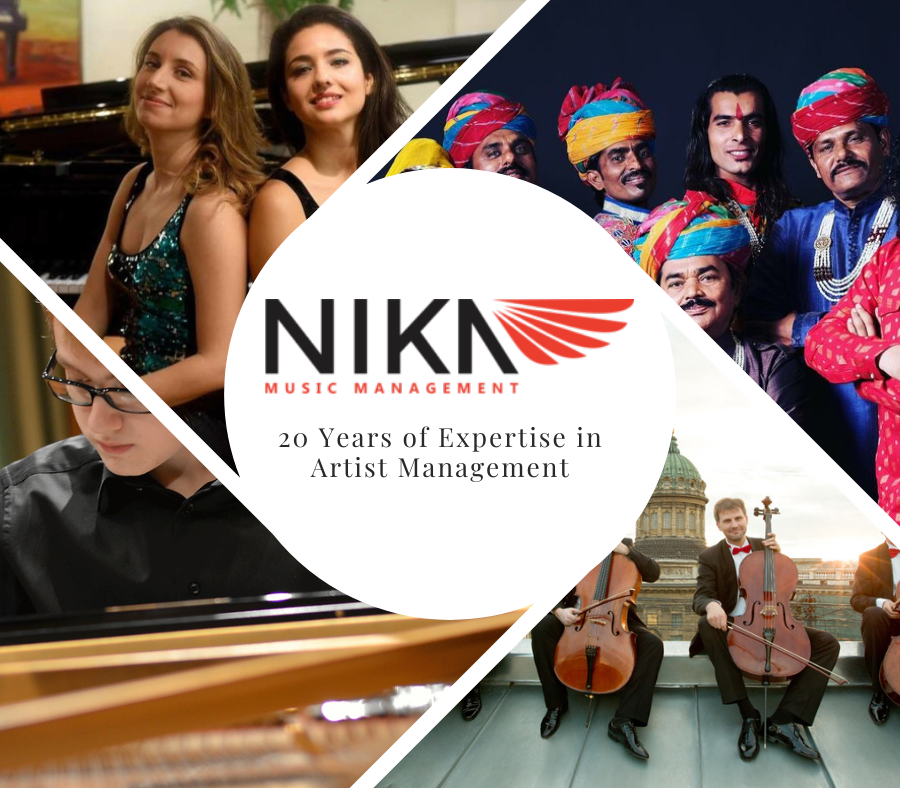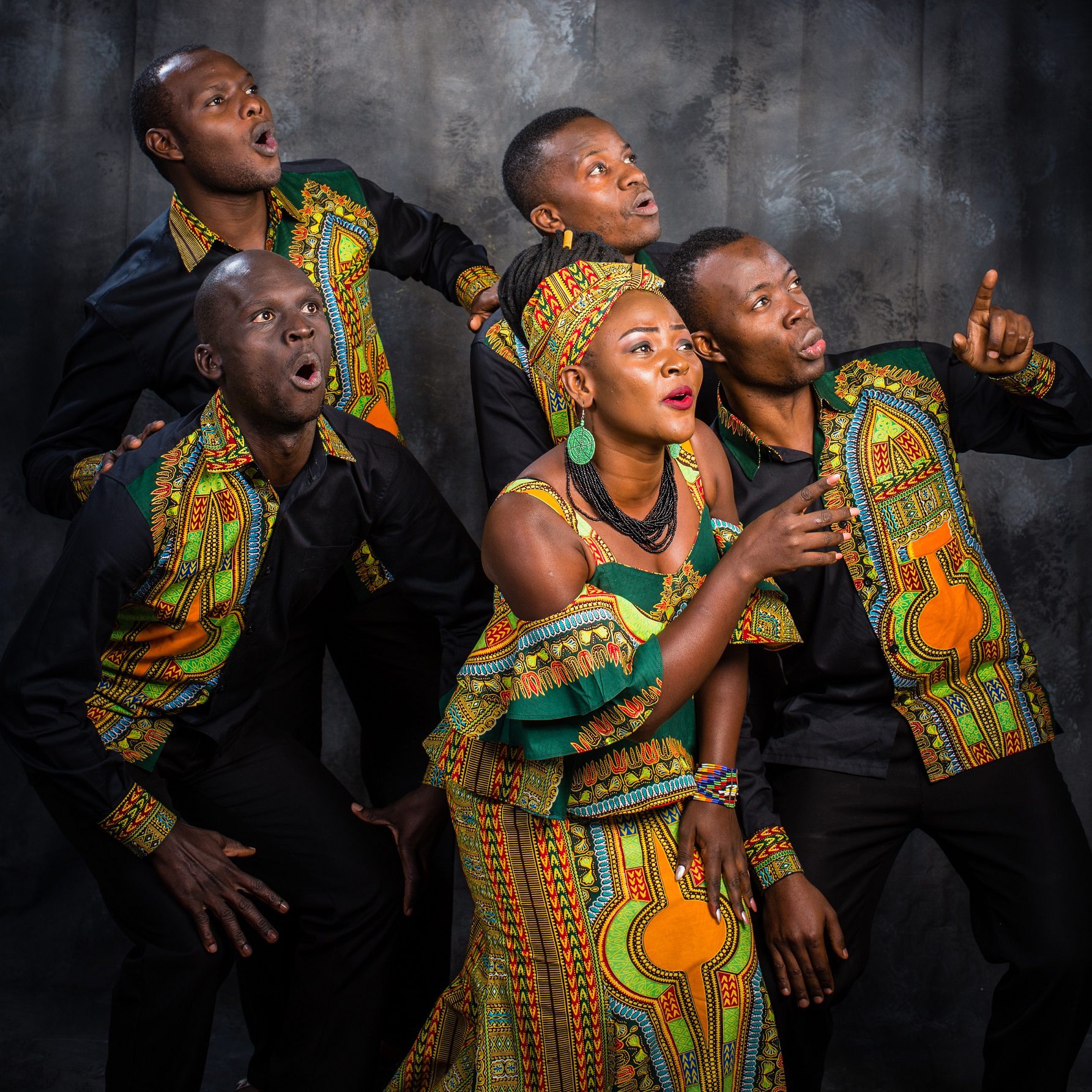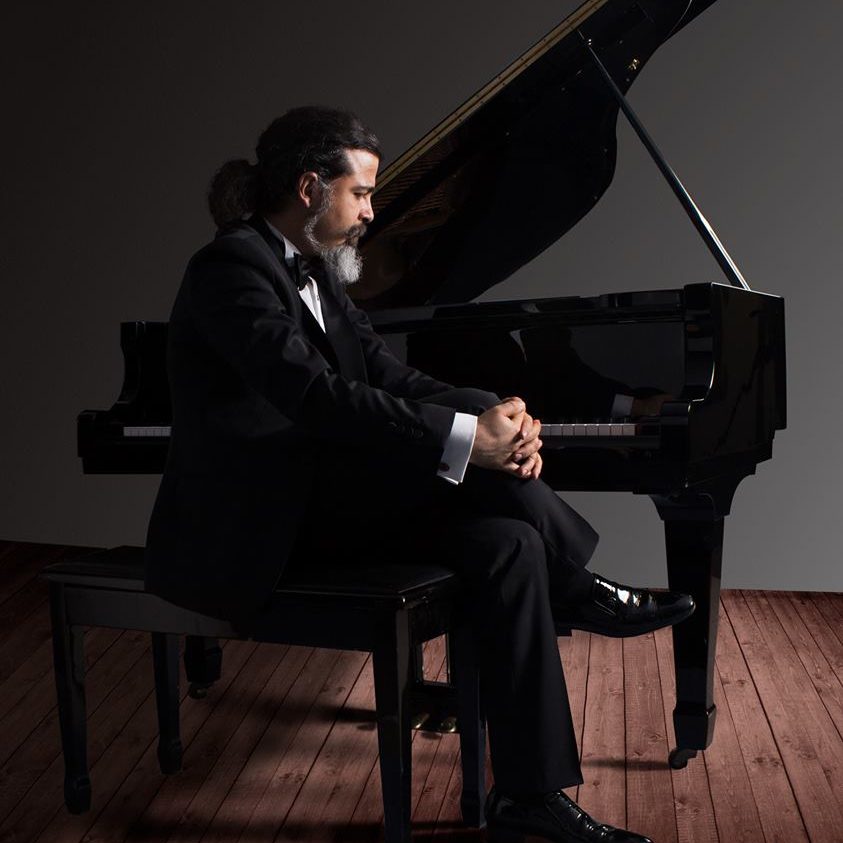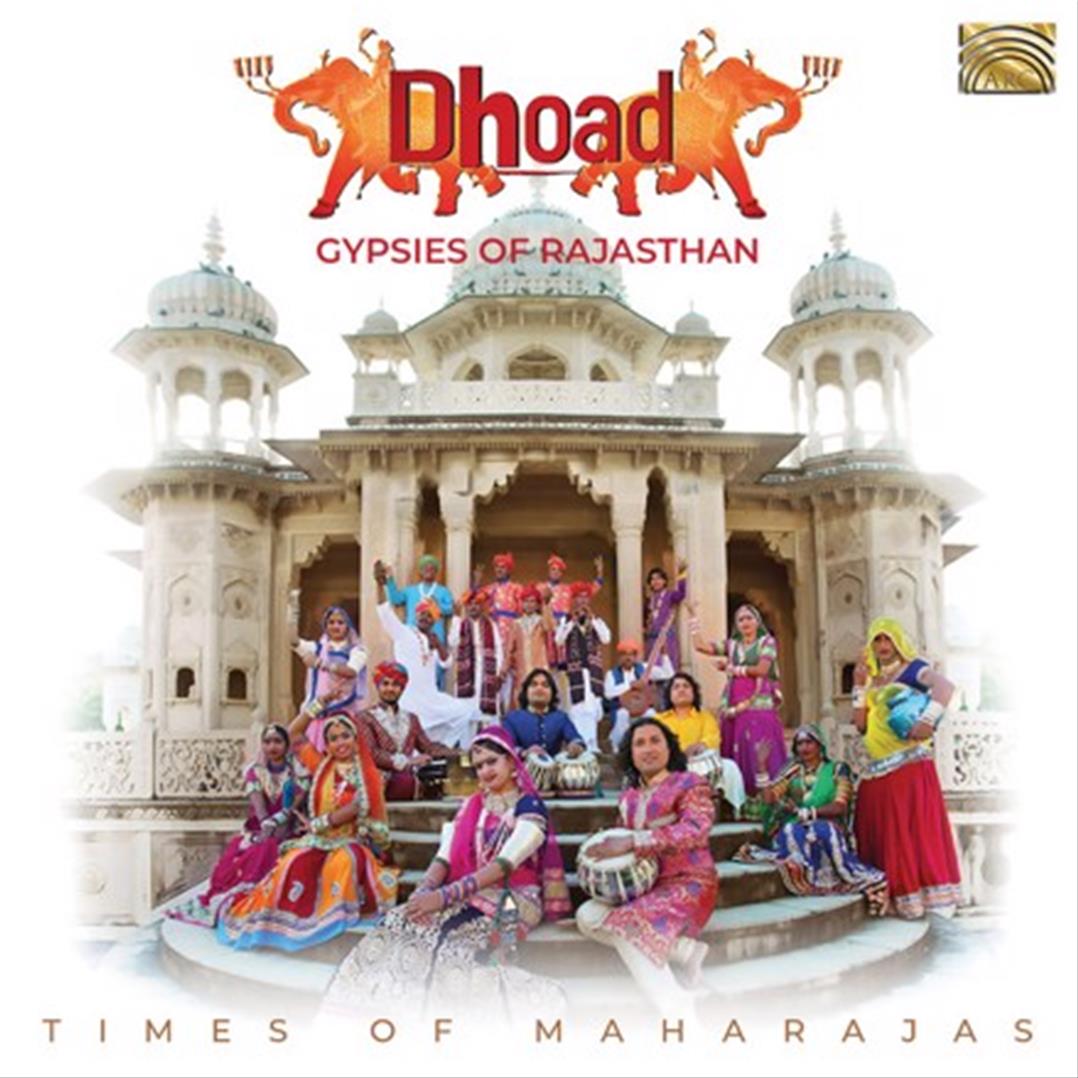Cihan Türkoğlu
GÖÇ
‘GÖÇ’ by Cihan Türkoğlu
In ‘GÖÇ’ Turkoglu’s new compositions blend traditional music idioms from Armenia, Greece, Persia and Turkey. The compositions are performed on traditional instruments of these countries, at times in a traditional way, while others with modern techniques and harmonies.
In the recording the arrangements of an acoustic quartet resonate as a large band. Cihan by means of an intense percussion set-up architects an acoustic landscape where rich sound colors and harmonies are interwoven. This mesmerizing scenery is complemented by vocals, melodies and solos.
This album was inspired by different aspects of migration that were sculpted into musical compositions.
‘GÖÇ’ in Turkish translates to migration. In Cihan’s personal story this word has been assigned a wider meaning and a far deeper feeling; a migration of emotions, spirits, thoughts. What was envisioned was a migration in time slots, between the real and the imaginary, through a sound or even a scent, through a familiar face or a stranger. The apogee of migrations in the album being that of the eternal migration through one’s self.
The program of the project was enriched with additional traditional pieces from Turkey and Greece, as well as compositions by Ross Daly and Kelly Thoma.
The artists
Cihan Türkoğlu : vocal, divan saz, bağlama, cura, kopuz, davul, compositions, lyric
Ross Daly : Cretan lyra with sympathetic strings, tarhu with sympathetic strings
Kelly Thoma : Cretan lyra with sympathetic strings, soprano lyra with sympathetic strings
Bijan Chemirani : zarb, daf, bendir, udu drum
Haig Sarikouyoumdjian : duduk
Nikos Paraoulakis : ney, mix & mastering
Beyond The Borders
“Everything flows.
Out of one thing there comes unity,
and out of unity one thing.”
–Heraclitus
The project documented on Beyond The Borders was born when Greek singer Maria Farantouri first heard Cihan Türkoğlu, a saz virtuoso of Anatolian extraction who had been living in Athens for ten years. After proposing the idea to ECM, producer Manfred Eicher helped shape the program into its present form, debuting it as part of the 2017 Athens Festival. For this live performance, they are joined by Anja Lechner on cello, Meri Vardanyan on kanon, Christos Barbas on ney, and İzzet Kızıl on percussion. Their collective sound is distinctly individual, like a soul of many cities and eras compressed into the flesh of a single body.
Most of the songs are traditional treasures from the lands of Turkey, Armenia, Lebanon, and Greece. Each tells a story preserved by centuries of reiteration, and achieves relevance as a cool drink of water in today’s political firestorm. The scintillating arrangement of “Drama köprüsü” (The Bridge of Drama) finds both Türkoğlu and Farantouri singing the life of Hassan, a legendary Robin Hood-like figure who went rogue after slaying his superior, stealing from the rich and giving to the poor while shadowing the village just to glimpse the woman to whom he was once betrothed. The Sephardic ballad “Yo era ninya” (I Was a Girl) tells of a highborn maiden ruined by a deceitful man. A mournful quality made resolutely genuine by Farantouri’s delivery, as if sung through a cloud, makes this a standout among standouts. Lechner’s cello is remarkable, a red thread drawn through shadows of time.
From Armenia we receive “Kele kele” (Strolling), an anonymous song preserved by Komitas Vardapet around the turn of the 20th century. In it, a lovelorn girl sings: “I am dying for your footsteps, my precious.” An extended intro from Vardanyan paints a wide terrain on which to seek the traces of her loved one. Not all is so gloomy, however, as the Macedonian wedding song “Triantafylia” (Upon the Rosebush) works from a quiet introduction to an energy powerful enough to shine unscathed through a pessimistic future. “Wa Habibi” (My Beloved), a Christian hymn from Syria and Lebanon, unravels with a lifetime’s worth of experience in every throaty word.
The program is rounded out by songs written specially for Farantouri with music by Türkoğlu and words by Agathi Dimitrouka. “Dyo kosmoi mia angalia” (Embraced Worlds) takes Eros as its theme and evokes loving attributes via kanon, in which are felt reflections of sunlight upon a body of water whose surface is a portal between realms. “Ta panda rei” is a setting of Heraclitus, whose blurring of parts and wholes, of lives and life itself, yields percussive details from Kızıl and breaths from the ney of Barbas. Between “Lahtara gia zoi” (Yearning for Life), an empathic song for the uprooted, and “Anoihtos kaimos” (A Secret Yearning), a surreally uplifting dream, we feel the connective tissue of death and life as if it were the very substance of our hearts. With every beat, we get closer to this music, even as it follows its own path through the tragedies of our world.
Lately the group has reshaped and the project was further enriched with works from the repertoire of Theodorakis and Hadzidakis and occasionally with the participation of Zülfü Livaneli.
Cihan Türkoğlu: saz, kopuz, voice, compositions, arrangements
Maria Farantouri: voice
Anja Lechner: cello
Meri Vardanyan: qanon
Nikos Paraoulakis: ney
Henning Schiemdt: Piano
İzzet Kızıl: Drums & percussions
David Lynch: saxophone

